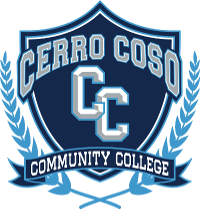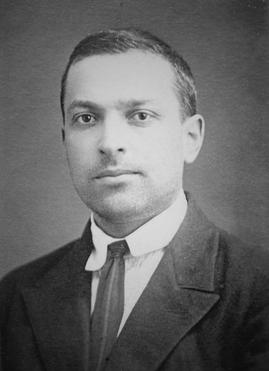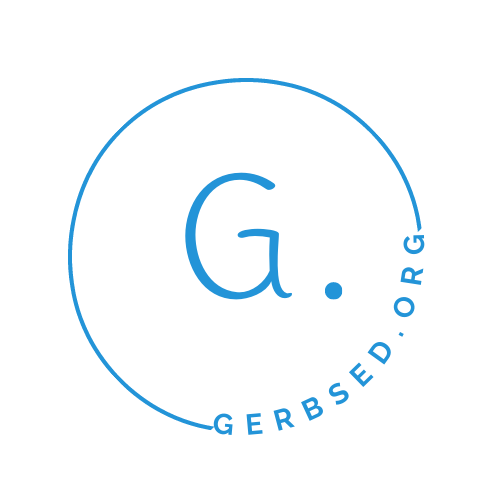English C101
David Gerber, Adjunct Staff,
Cerro Coso Community College
Welcome
Hello students! Welcome to English C102, Critical Thinking Through Literature. My goal for you in this class is to learn how to think critically and communicate . In C102, you will learn and apply the elements of literature as you critically analyze and explain literature. You will use writing as a tool to exhibit your critical view of multiple genres of literature.
Some Things About This Course
My C102 has a highly developed presence in Canvas. Most of the assignments and resources for this course will be readily available in the Canvas environment. You will want access to a digital device in class so that you can participate both in and out of class. See me if you do not have a device available. There are many different options that we can explore to come up with the best solution for you.

My Canvas is organized into weekly modules. I generally cover literature and connect it to literary elements at the beginning of the week, and work into critical literature and deep discussions about the literature later in the week.
You should come to the first class of the week having reviewed vocabulary and read literature selections, then complete the week’s critical readings for the next class meeting. A great strategy that will ensure that you are prepared for every class is to have completed an initial reading on ALL of the text for the week prior to the beginning of the week.

All of the books and reading materials for this course are provided digitally. While you are welcome to acquire them in hard copy, some reading tasks MUST be completed in their digital form. Digital reading is an important skill, and it is different than physical print reading. This is another one of those new-age skills I hope to help you develop.
This writing course focuses on the application of critical and elemental analysis of multiple genres of literature for semiotic meaning.
Faculty and Student Expectations
Attend Class
I will drop you from the course if you fail to attend. While there are legitimate excuses for missing class, they are rare and extenuating. In general, missing four consecutive or six non-consecutive classes before the 60% date results in a drop from the course. If your attendance merits it, and you choose to still be enrolled in the course after the 60% date, your earned grade will be posted at its completion. It is your responsibility to drop the course if you do not wish to be enrolled.
Be Prepared
Come to class having read the materials and done the exercises for the day. Whether it is covered in class or not, if it was assigned, you are expected to know it.
Submit all work on time
I generally do not accept late work; however, I will make exceptions for rare or extenuating circumstances. See me for individual, case-by-case distinctions on this, but be prepared to forfeit the grade or grades in question.
Grading
Feedback effectiveness depends directly on immediacy. My goal is to have everything graded and back to you by the next class, though some lengthy assignments could take up to a week. See me if there appear to be issues. I rarely miss these goals.

Class cancellations
You will be notified by email, by classroom posted notice, or by CCCC staff if a class is canceled. This has been very rare in my career, so chances are that it will not happen.
Academic Integrity
This is the course where you learn about academic integrity in writing. While you may struggle with some of the finer points at the beginning of the course, by the end of it, you should master it. You are expected to learn the rules and author ALL of the work that you submit as your own. I will show you how to ethically work with technology and artificial intelligence, but I also insist that you originally create all work that you submit as your own. Additionally, you must learn how to properly credit sources in writing. Your future professors will expect you to know how to do this in the style of their choosing.
My Teaching Philosophy
The Red Wheelbarrow William Carlos Williams
so much depends
upon
a red wheel
barrow
glazed with rain
water
beside the white
chickens

Constructivism deeply influences my teaching and learning philosophy. What that means for you is that my classes, whether online or in-person, rely heavily on intercommunication. I will encourage you to discuss ideas with partners, in small groups, and with the entire class. You will present your ideas to your peers and seek their input as you write about the topics that this course samples. Check out the ideas of Jean Piaget, Lev Vygotsky, John Dewey, and Maria Montessori for more on Constructivism and constructivist educator theory.
While I am an adamant constructivist, I am also deeply convinced that technology and technological expertise are important components for communicating in today's world. Digital exchanges of information are at the center of all modern pursuits, so it is essential that you learn to use these tools to your advantage.
AI Rationale:
This course is an English writing course, not a computer science course. It teaches students how to think critically and communicate their unique personal thoughts in writing. If you want to learn how to use a computer to generate ordinary ideas that reflect carefully curated mainstream world views and beliefs that are approved for your consumption by unnamed corporations and companies, enroll in that other course.
This course is an avenue to mastery. Writing is a learning experience, and without engaging in the act of researching, organizing, restructuring, and synthesizing information into written form, you are robbed of the experiences necessary to internalize, learn, and build knowledge. While writing is not the only pathway to greater knowledge, it is one that academic institutions fully embrace. The thesis still exists as a primary undertaking in accomplishing advanced degrees. Your achievement of advanced educational certifications depends on your mastery of the skill of writing.
Contacting Me
I do not have set office hours, but I am available before or after class OR by appointment. Email me at david.gerber@cerrocoso.edu or IM me through Pronto to set up a time. I am definitely willing to meet you on campus, through Zoom, IM, or email. Please keep in mind that I do have other responsibilities during the day, and it may take up to 24 hours for me to get back to you.
